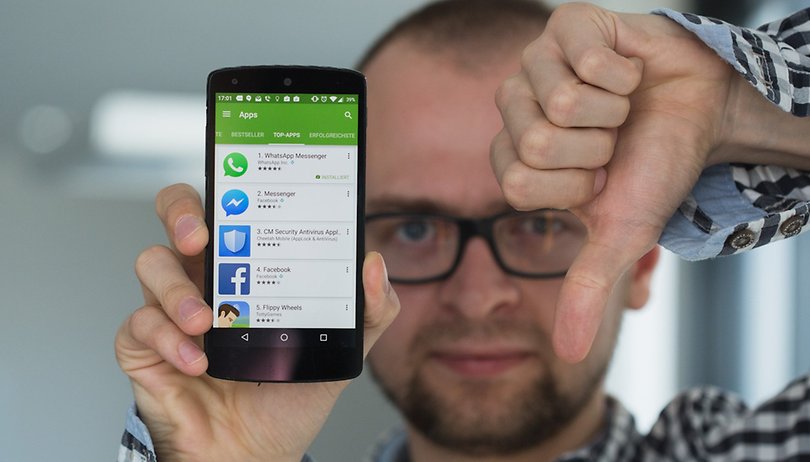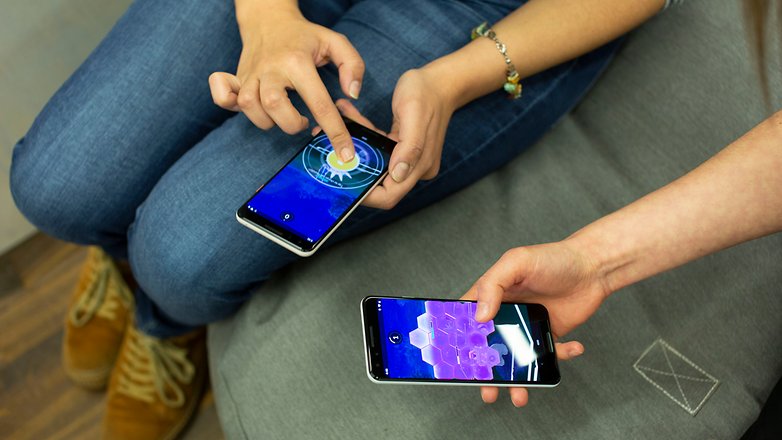COVID-19 tracing app causes privacy concerns in India

There has been much debate surrounding the use of COVID-19 contact tracing applications in the Western world. We have even discussed this matter concerning the use of such an application in Europe, highlighting the challenges related to a contact tracing app. It is obvious that not all societies share a similar viewpoint when it comes to individual liberties, and neither do governments use the same system to classify individuals. How about India, the world's second-most populous nation? What are the consequences of COVID-19 in the world's largest democracy that boasts of 1,326,093,247 people? Here is a brief review of a situation that goes far beyond technological controversies or the use of COVID-19 applications on smartphones.
Read more:
- Contact tracing: The real problem lies with humans, not the technical limitations
- Should everyone use Apple's contact tracing app?
Why should we be interested in India's situation?
The success of the COVID-19 application in India would be enough to make the Secretary of State for the Digital Economy, Cédric O, jump for joy. In a matter of just two months, the app has been downloaded more than 90 million times. Indian Prime Minister Narendra Modi has even publicly urged each of India's 1.3 billion citizens to download it. According to Arnab Kumar, who is the Program Director of the National Informatics Centre, proudly claimed on behalf of the Indian government that this app has soundly beaten the hugely popular "Pokémon Go" game in terms of downloads and users.

In fact, India is currently the only democratic nation in the world that makes it mandatory for its citizens to download the coronavirus testing application, although the official stance proudly insists that the downloading of this app is done on a voluntary basis. Hence, what is the hullabaloo behind this method of large-scale contact tracing?
First of all, the Indian application is a comprehensive "all-in-one" undertaking that far exceeds what most of the other countries are working on. It keeps track of contacts via Bluetooth and GPS in addition to one's location, assigning a colour-coded badge to each user that points to the current risk of infection. Apart from that, Aarogya Setu (which means "bridge for freeness from disease" in Hindi) offers access to telemedicine, an e-pharmacy, and diagnostic services.
Secondly, India does not have any national data protection law, no regulatory body, and no robust and transparent design that restricts access or use of collected computer data. This explains why this COVID-19 application has been white-listed by all telecom companies in India, which means that using it does not fall within the jurisdiction of mobile data.
This unique situation in India puts forward a case where the use of technology overlaps with the boundaries of individual liberties in a democracy during times of crises, along with various methods when dealing with a serious global health threat.
The uniqueness of India's situation
The majority of the criticism surrounding the COVID-19 app is the complete lack of transparency. Critics highlighted the lack of public information regarding the privacy policy as well as the application's terms of service. The developers have remained silent throughout all this, even when faced with requests for information from various civil society bodies. Arnab Kumar did publicly state that data would be deleted after a maximum of 60 days for those who have been infected while retaining data of healthy people for up to 30 days.
However, the problem seems to be more than just surface deep as it reveals the specific social structures within each country. India has had a history of institutionalising inequality via the caste and religious system despite boasting of representative democracy. Hence, it is not surprising to hear that people are being threatened or fired from their jobs simply because they use or did not use the COVID-19 app. Taking a walk down memory lane, ethnic, religious, and inter-caste tensions have always played a role in India's history ever since it gained independence from the British on August 15, 1947. Social stratification has always been used to discriminate against someone from getting employed, or even when it comes to aid distribution in the slums. Hence, the discrimination that arises from the Aarogya Setu app is nothing more than a modern representation of a long-standing social problem.

The risks of a cyber-police state, of which the Aarogya Setu app provides a small glimpse, is there considering how the culture of discrimination remains prevalent throughout the country. What makes it interesting here is the fact that this kind of discrimination is the result of economic development. How so, you ask? The country has made huge strides in technological advancement and the dynamism of its IT sector has proven to be reasonable explanations behind the COVID-19 application's success. For millions of Indians to own a smartphone is proof of economic progress in recent times, paving the way forward for an increase in the consumption of consumer electronics such as smartphones (this is a constant in the south of the country) or computers.
Such unprecedented success is, therefore, something to be worried about as economic progress happens to be the country's main ally in implementing a cyber-policing system. Considering how the smartphone is already a mass consumer good throughout India with the unprecedented success of entry-level and mid-range handsets that have seen skyrocketing sales figures even though India's Human Development Index (HDI) remains above average (0.647; 129th in the world). Apart from that, the smartphone also plays a different social role compared to those living in the West. It happens to be the everyday tool that connects millions of people to one another, as public services remain questionable alongside an underdeveloped economy.
The tech nightmare in a cyber-police state
India is a huge market for the smartphone industry, commanding millions of members across various social networks such as WhatsApp (which has a huge user base). Connectivity barriers continue to fall across the country, helping bring people closer together than ever before. However, such progress does not mask a dark side that is already at work. One of the measures to deal with the protests among the Muslim community (who make up 20% of the population) against discriminatory actions against it was to cut off their Internet connection. This disconnection allowed the repression to be overlooked by worldwide media coverage as word could not get out. In fact, such retaliation has happened for over ten times, in carefully zoned out areas at times.
This example, among many others, underlines the danger of mass application in countries that are socially and religiously fragmented. There is the lingering fear that Aarogya Setu happens to be but the first step in a large-scale phenomenon, and is therefore legitimate. For the state to consult and store medical data is one thing, but for it to apply such thinking across religious lines is a totally different affair. The consequences would be, of course, potentially much more explosive (especially with Bluetooth monitoring) in countries where the geographical distribution, including slum areas, is based on one's religious affiliation.
There are risks within India that concern the use of this app. After all, the country has experienced a bloody separation between India and Pakistan, resulting in millions of deaths and huge population displacements. The wounds from this episode still remain fresh in the memories of the people, as evidenced by the Kashmir situation and the resurgence of Hindu nationalism while rejecting religious minorities. Establishing of a cyber-police state would certainly drag the world's largest democracy into an authoritarian regime.
Source: technologyreview




I read just today, that in New Zealand (I think), a subway employee was fired, because he used the contact information, to harass a female customer by sending her text messages, phone calls etc.
-
Admin
May 15, 2020 Link to commentPhone companies already have all the data about people's movements including their personal data. Not just in India. That means governments already could have access to them without need of any particular app.